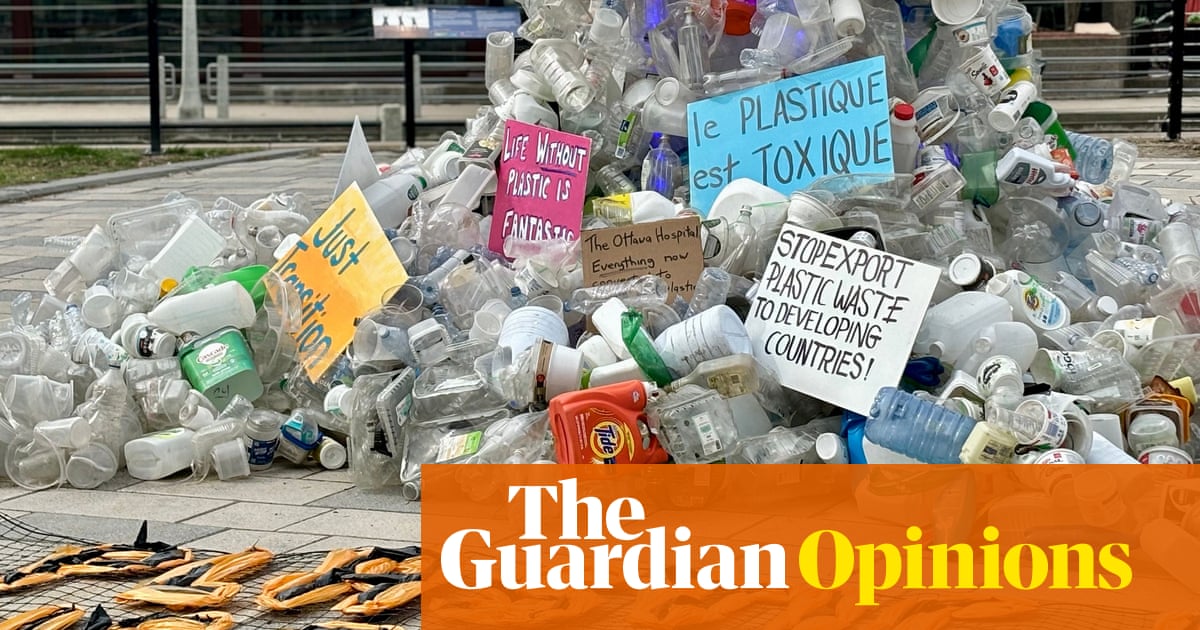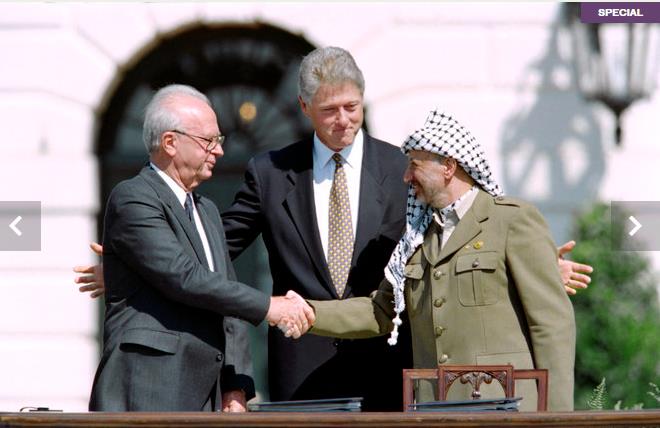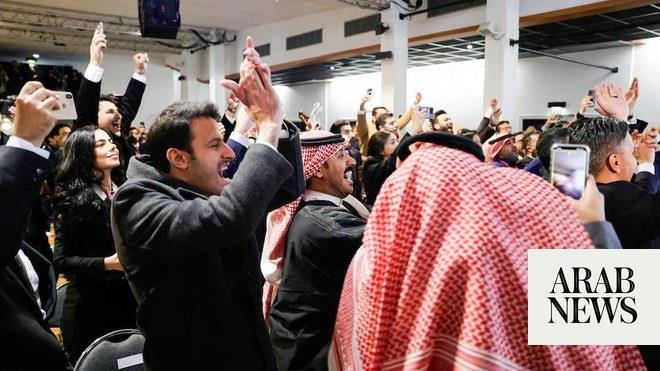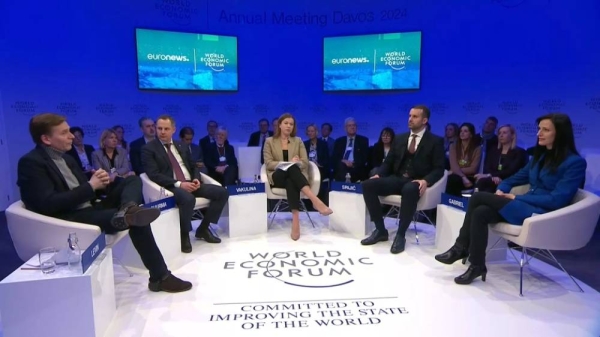
A calamity may also be an opportunity for a new beginning, with the coronavirus disease (COVID-19) ushering in a new era in the Middle East.
This article will focus on the Syrian and Libyan crises, which have become interrelated because almost all foreign actors in the two crises are the same. Furthermore, many of these foreign actors have convergent interests on some stages and divergent on others.
New components have been added to the combined Syria-Libya crisis; one being the disgruntled voices coming from Moscow over the attitude of Syrian president Bashar Assad. Russia would be happier if the Assad regime gave up its insistence on a military solution and showed some interest in a negotiation. It also seems to be in agreement with the US — much to Turkey’s disappointment — over its continued support for the Kurdish cause in Syria, while also not objecting to the establishment of a corridor controlled one way or another by Turkey, which would interrupt the Kurds’ bid for access to the Mediterranean.
Second is Libya’s increasing importance to Turkey. Ankara is heartened by the results it has obtained by deploying its nationally manufactured drones and assigning military trainers to the UN-backed Government of National Accord.
Turkish President Recep Tayyip Erdogan last week promised good news for his citizens, saying: “God willing, we will receive good news from Libya. Libya’s peace and welfare are key to the stability of the entire North Africa and Mediterranean (region). So we are resolved to turn the region into a peaceful area.”
Libya is important for Turkey because of the agreement between the two countries over the delineation of their maritime jurisdiction areas. This agreement renders the construction of a pipeline to transport Eastern Mediterranean gas to Europe difficult without Ankara’s cooperation.
The situation is made more complex because of the contradictory interests of Turkey and Russia in Syria’s northern Idlib province.
Yasar Yakis
We don’t yet know how the UAE and Egypt will respond to Turkey’s challenge. The security situation will further deteriorate if both sides remain determined to bid higher.
The third component is the dwindling price of oil and its constraining effect on the Russian economy. If a reasonable solution cannot be found, Moscow will face additional economic difficulties in sustaining military activities in both Syria and Libya.
Another factor affecting the Turkey-Russia controversy in Libya is a subject voiced by James Jeffrey, the US special representative for Syria. He said last week: “We know that certainly the Russians are working with Assad to transfer militia fighters… to Libya.”
Other reports have stated that a high-ranking Russian commander and his team held a series of meetings with mercenaries fighting for the Assad regime in the southern Syrian city of Deraa. The reports added that Russia offered $1,000 and three-month renewable contracts to the Syrian mercenaries to fight in Libya.
The situation is made more complex because of the contradictory interests of Turkey and Russia in Syria’s northern Idlib province. The fate of the Hayat Tahrir Al-Sham (HTS) fighters is still unclear and Turkey may prefer to see them stay in Idlib for an extended period. This would be to use them to both harass the Syrian government and prevent the establishment of a Kurdish corridor.
There are efforts to tempt the HTS fighters to go and fight in Libya, but we don’t yet know whether they will be interested. As the fighters’ hopes of achieving anything concrete with the HTS fade, they may accept mercenary jobs in Libya. If they are hired by Khalifa Haftar’s Libyan National Army, the irony will be that both fighters from Deraa who fought for the Syrian regime and HTS extremists who fought against it would be fighting for the same purpose against the Tripoli regime. But there have always been such ironies in the Syrian crisis.
Given this complex atmosphere and the new paradigms that will emerge in the post-COVID-19 international arena, one may wonder whether the time has come for the parties to the present conflicts to put aside their present strict positions and negotiate a cease-fire, followed by a lasting peace in the region.
Yasar Yakis is a former foreign minister of Turkey and founding member of the ruling AK Party. Twitter: @yakis_yasar
Disclaimer: Views expressed by writers in this section are their own and do not necessarily reflect Arab News" point-of-view












